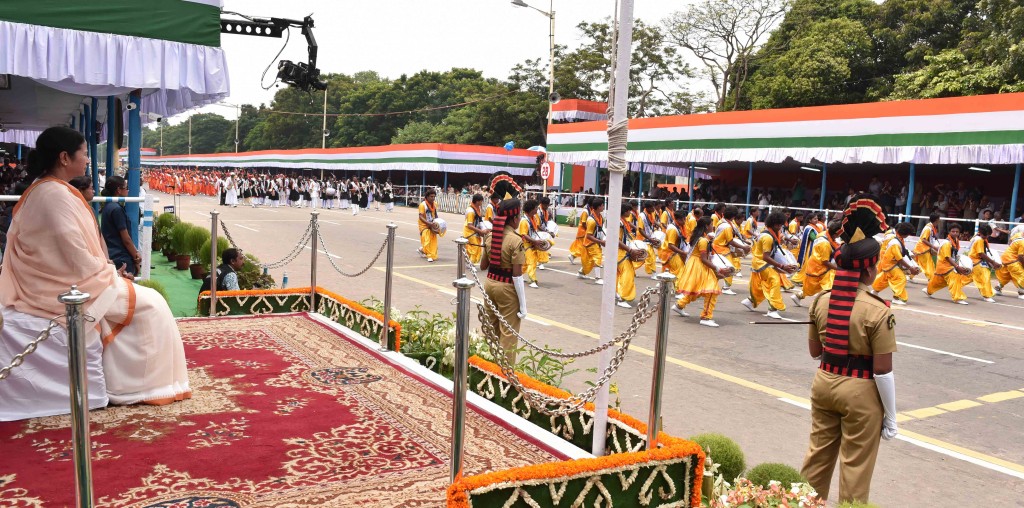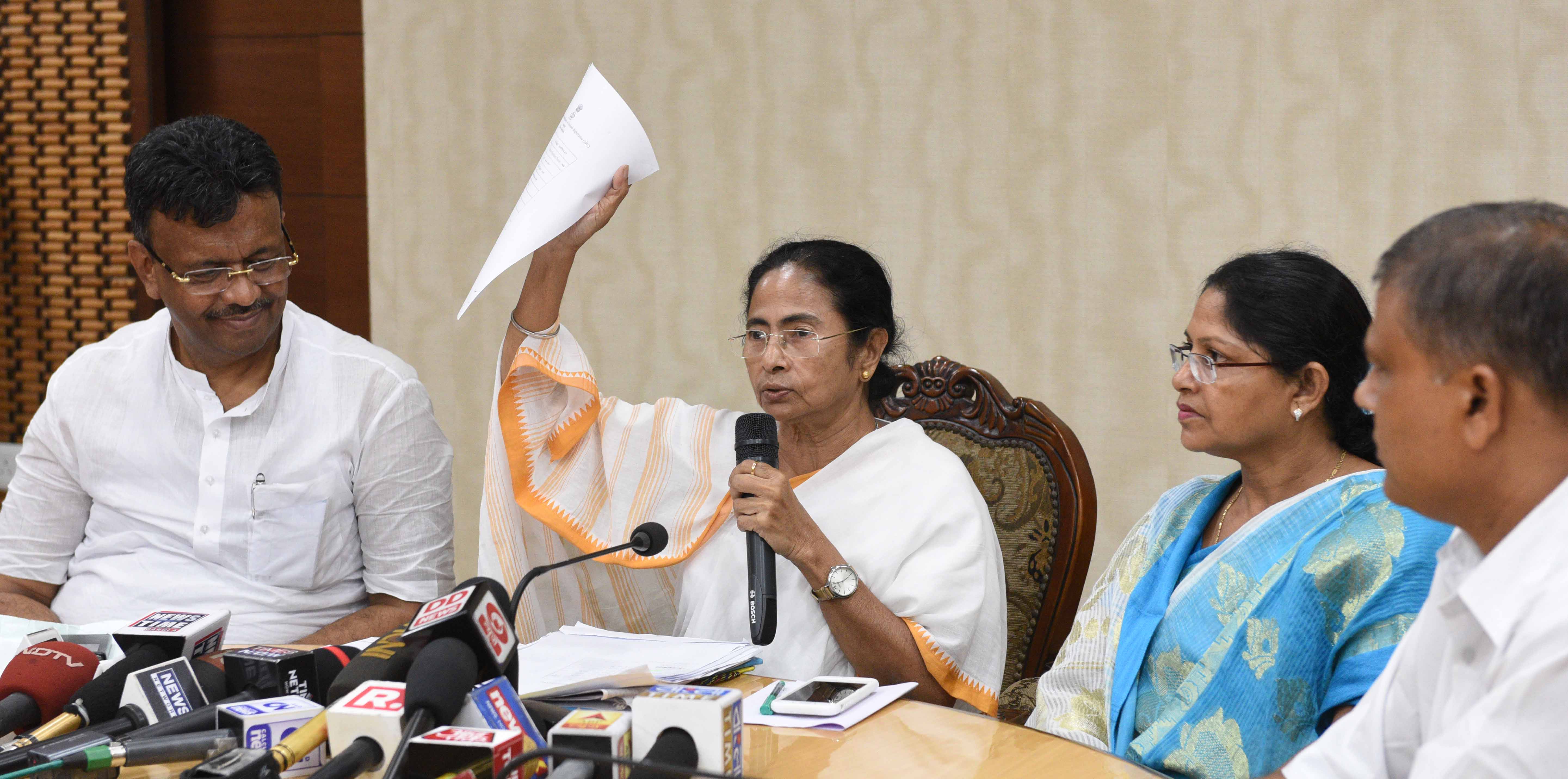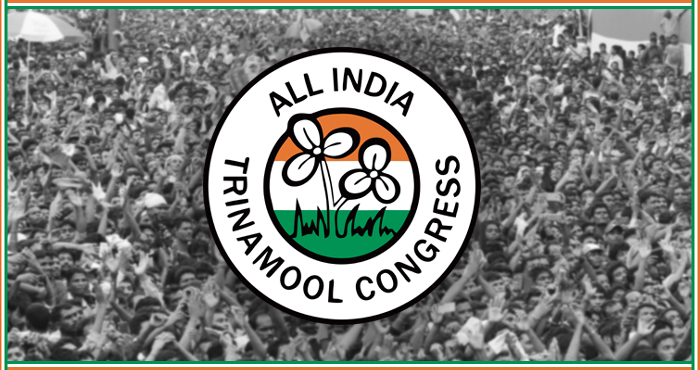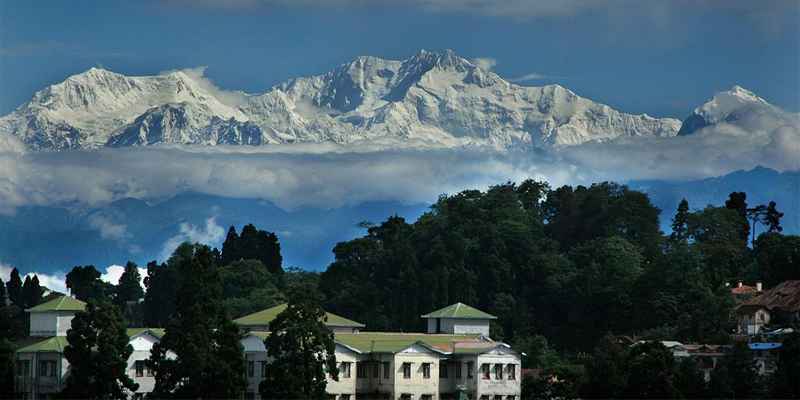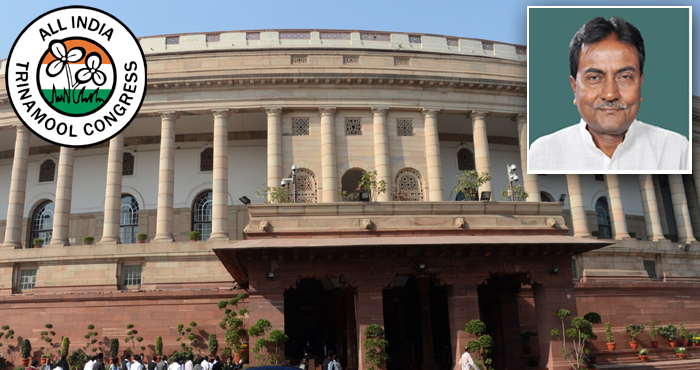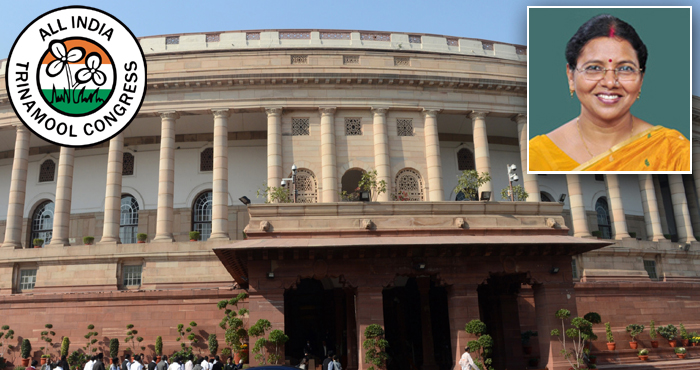FULL TRANSCRIPT
Thank you Sir, I am deeply grateful to you for giving me scope to speak on this important Bill. আমি তার সঙ্গে কৃতজ্ঞতা জানাই আমাদের মাননীয়া মুখ্যমন্ত্রী মমতা বন্দ্যোপাধ্যায়কে,যাকে আমরা দ্বিতীয় মাদার টেরেজা বলি, কারণ তার আশীর্বাদ নাহলে আমি আজকে সাংসদ হতে পারতাম না। (I also thank Mamata Banerjee, who we call second Mother Teresa, without her blessings I would not have become an MP).
Hon Chairman Sir, the Government on May 3, 2018 promulgated an Ordinance amending the ‘Commercial courts, Commercial Division and Commercial Appellate Division of High Courts Act, 2015’. This Bill seeks to amend the ‘Commercial courts, Commercial Division and Commercial Appellate Division of High Courts Act, 2015’ and also seeks to replace it with the ‘Commercial courts, Commercial Division and Commercial Appellate Division of High Courts (Amendment) Bill, 2018.
Hon Chairman Sir, there are so many cases pending in courts. This is really a cause of concern for the common man. Setting up of commercial courts would certainly give some relief to the people but we also have to appoint suitable judges for this propose and they should also be provided training in microeconomics.
The Hon Minister is here. My humble suggestion is that as on date, the judiciary is burdened with more than 3 crore pending cases in the Supreme Court, the High Courts and the subordinate courts. In the High Courts, 23 per cent of cases have been pending for over 10 years. Further over 29 per cent of all cases have been pending between two and five years.
Hon Chairman Sir, in the subordinate courts over eight percent cases have been pending for over 10 years. The maximum number of cases in subordinate courts, of which 47 per cent have been pending for less than two years, is around 1.2 crore.
Hon Chairman Sir, the pendency of cases for long years, has resulted in an increase in the number of under trial prisoners, accused prisoners at trial as of 2015. There were over 4 lakh prisoners in jail. Hon Chairman Sir, of these two thirds (2.8 lakhs) were under trails, and the remaining one third were convicts. This is the reason as to why most of the people do not want to go to the courts and want to get their issues solved outside the court.
Hon Chairman Sir, we all know that there is a huge backlog and a large number of vacancies in courts. Unless that is taken care of any number of creating additional machineries may not solve the problem of the accumulation of the cases.
Hon Chairman Sir, overall vacancies in all courts in the country have increased across all courts from 23 per cent in 2006 to 35 per cent in 2018 (up to April). In the Supreme Court, it has increased from 8 per cent to 23 per cent, in the High Courts from 16 per cent to 38 per cent and the subordinate courts from 19 per cent to 26 per cent. As of April 2018, the High Courts have a vacancy of 38 per cent (406) against a total strength of 1079. In the subordinate courts vacancies have increased from 19 per cent to 26 per cent between 2006 and 2017. In West Bengal, total vacancies are 40 and in Andhra Pradesh it is 66.
Hon’ble Minister is here. One of the most critical changes introduced in this Bill is with respect to the appointment of judges of commercial courts. Earlier the state governments would appoint those judges only with the concurrence of the Chief Justice of High Court. Whereas after the amendment, the State Government has the power to appoint judges even without the concurrence of the Chief Justice of the High Court. Unless all the vacancies of the judges are filled up in the regular courts, the problem of disposal of cases will never be solved.
According to ‘The Commercial Courts, Commercial Division and Commercial Appellate Division of High Courts (Amendment) Act, 2015’, herein referred to as ‘Principal Act’ under the provision of Section 19 and 20 of the Bill passed an obligation on the state government to provide infrastructural facilities. Considering the financial condition of the states, Centre should provide substantial funds for the establishment of these facilities.
In order to fulfil the objective of quick disposal of the pending cases, vacancies in the judiciary at all levels should be filled up and for that reason or purpose to the fulfilment of the objects and reasons, the Central Government should come up with sufficient financial support to the State Government.
Hon’ble Minister, it is a fact that you have created a commercial court but for that purpose, you have not created new court judges to deal with the commercial matter. In effect, which judges are taking up criminal matters? A judge who is taking criminal matters is also becoming a judge for commercial matters.
I urge upon the government to confirm that at all levels make sure that a poor person gets help at the doorsteps. Necessary steps should be initiated without further loss of time.
Thank you, Chairman Sir.
ধন্যবাদ জানাই বিশ্ব বাংলার রূপকার ও দেশের সবচেয়ে জনপ্রিয় নেত্রী মমতা বন্দ্যোপাধ্যায়কে।



